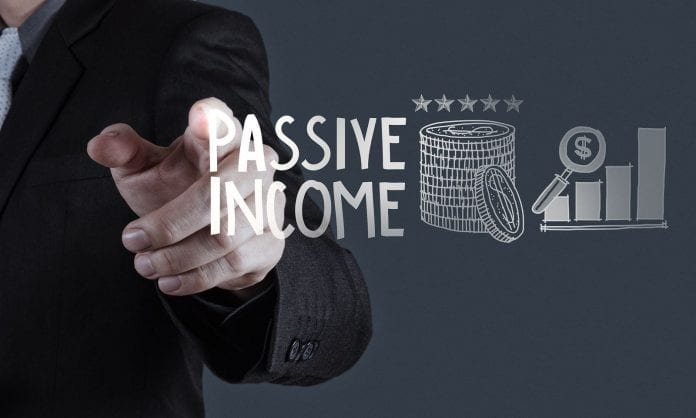If you’ve spent any time inserting yourself into the long, winding paths of the internet’s entrepreneurial websites and communities, you’ve certainly been inundated with ideas and strategies for how you can invest in real estate and turn it into passive or semi-passive income.
While real estate certainly represents a lucrative opportunity to build wealth, there’s a lot of misinformation on blogs, forums, and even in courses and books. By doing your due diligence and verifying the information you’re exposed to with other sources, you can make sure you’re getting the whole truth.

These Myths Will Lead You Astray
Myths aren’t always malicious. For the most part, they’re simply bred from misinformation. And the longer they’re permitted to flourish, the more rampant they become. So it is with the following real estate investing myths:
1. Just Find a Property Online
So many people seem to think that you can just browse Zillow, find a property, place a phone call, and become a real estate investor. But in reality, buying real estate is serious business and it requires a much more intentional approach.
For starters, you probably won’t find a good investment property on Zillow. You’ll need to use some other tactic – like driving for dollars, accessing the MLS, or partnering with a wholesaler. according to weleaseusa.com, secondly, once you find a property you’re interested in, you must do your due diligence, secure financing, make an offer, negotiate, etc. It can be a long process. (And don’t be surprised if you strike out on a few properties before you land a deal.)
2. You Need a Ton of Money

While some real estate investment deals do require tens of thousands of dollars to get some skin in the game, there are plenty of ways to invest without being flush with cash. Not only are there a handful of “no money down” tactics for those gritty enough to try, but you’d be surprised to learn just how little cash you actually need in order to use the power of leverage via strategic financing.
3. It’s Totally Passive
Real estate can be a passive stream of income, but this is not the default setting. In order to make a real estate investment passive, you have to work hard on the front end and move with intentionality.

One way to make a rental property more passive is to hire a property manager. Many property management companies, like Green Residential in Katy, Texas, offer comprehensive services for a flat rate fee. This means you pay someone a set monthly/annual rate and get everything like tenant screening, property marketing, rent collection, and repairs/maintenance handled on your behalf.
4. Fixer-Uppers Are Easy Cash (if You’re Handy)
HGTV has created a culture where people assume flipping houses is as easy as finding a cheap listing, installing some shiplap and quartz, and marking it up 200 to 400 percent. But that’s Hollywood, folks. The reality is that fixer-uppers require a lot of due diligence, strategic planning, and sweat equity. Yes, it helps if you’re handy, but you’re going to need a team of people in order to get in and out.
There’s nothing wrong with going the fixer-upper route if you’re genuinely interested, but don’t be misled into thinking you’ll make a $40,000 profit in three weeks. These projects are much costlier and more time-consuming than most realize.

5. You Need to Own a House First
While it can be helpful to have some experience as a homeowner before investing in real estate, this isn’t a necessity. In fact, you might be better poised to generate income if you don’t own a home.
If you don’t currently own a house, this gives you the flexibility to purchase any type of investment. This includes a duplex or triplex, which permits you to live in one unit and rent out the other(s). In doing so, you can essentially have your tenant(s) pay your mortgage for you.
Another benefit of not owning a house is that you don’t have that added debt on your file. This typically makes you a more attractive candidate when applying for traditional financing.
Where Do You Get Your Information?
It’s important to be discerning with where you get your information and who you read, watch, or listen to. The right sources of information will leave you more informed, whereas the wrong ones can put you on a path toward financial destruction. Always vet the websites, blogs, and podcasts you consume – and try to get your information from as many different sources as possible. The truth is typically found somewhere in between the extreme opinions and polarizing hot takes.









